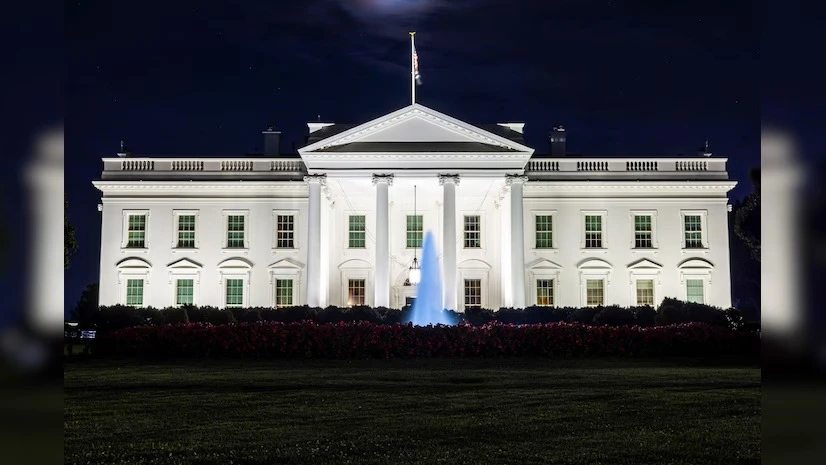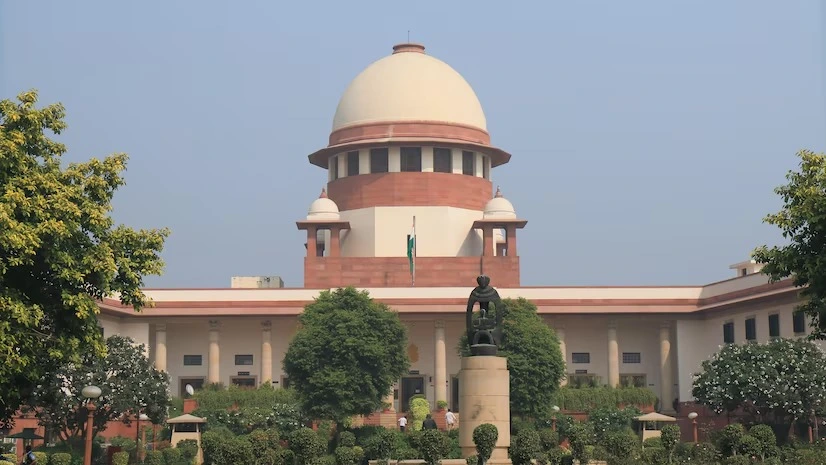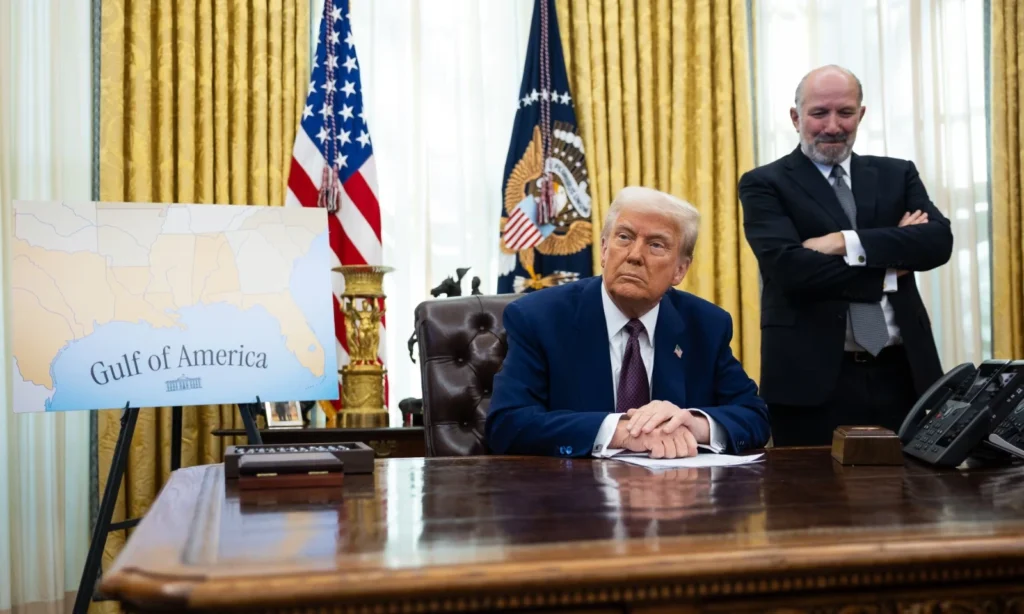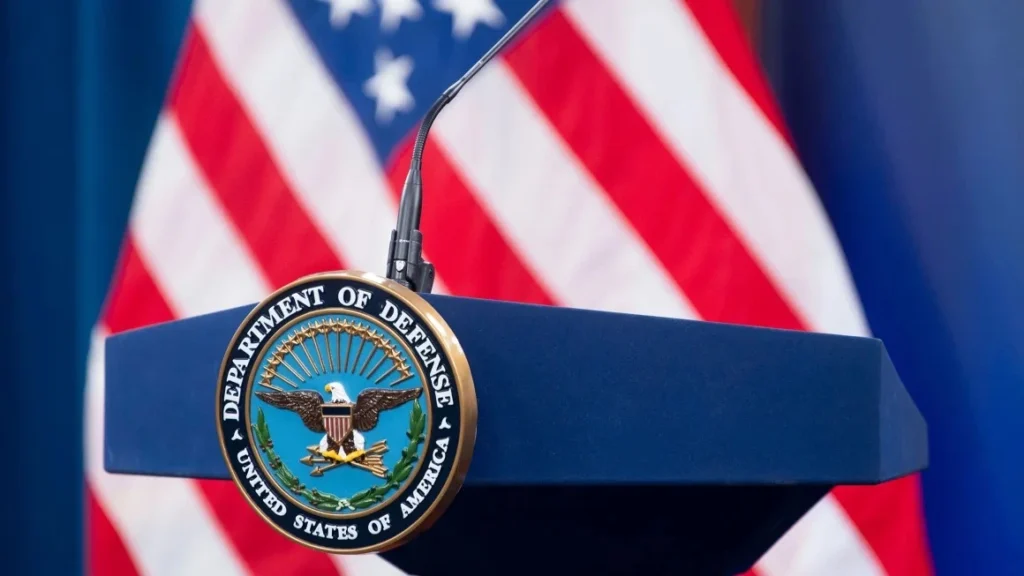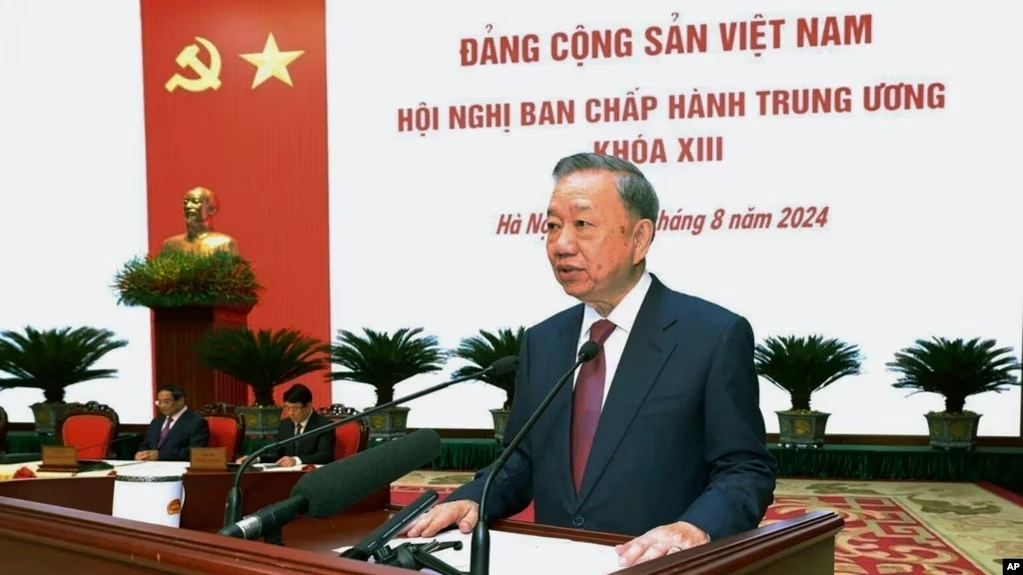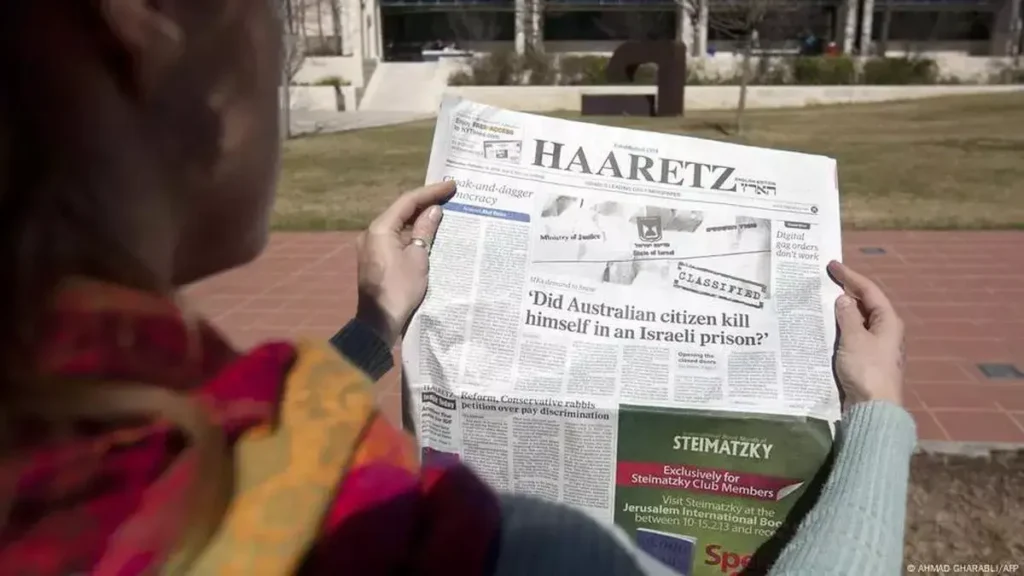Palestine Named Most Dangerous Place for Journalists in RSF’s 2025 Report
Palestine has emerged as the most dangerous place in the world for journalists, according to Reporters Without Borders (RSF), which released its 2025 World Press Freedom Index on Friday. Amid Israel’s war on Gaza, the media watchdog reported that nearly 200 journalists were killed in the first 18 months of the conflict, with at least 42 killed while actively reporting. “Trapped in the enclave, journalists in Gaza have no shelter and lack everything, including food and water,” RSF said. The situation in the West Bank is equally alarming, where both Israeli forces and settlers routinely harass journalists. A wave of arrests following October 7 marked a sharp escalation in repression, RSF noted. The report also highlighted the pressures faced by journalists from Palestinian authorities. Those suspected of collaboration with Israel face threats from groups like Hamas and Islamic Jihad, while the Palestinian Authority’s cybercrime law further restricts press freedom. Palestine dropped to 163rd in the global press freedom rankings—six places lower than in 2024. Overall, press freedom declined in 112 out of 180 countries and territories, with the global average score reaching a new low of 55. The United States dropped to 57th place, with RSF accusing President Donald Trump—now serving a second term—of “overseeing a troubling deterioration in press freedom.” The report cites his politicisation of the Federal Communications Commission (FCC), a ban on The Associated Press from the White House, and efforts to dismantle the US Agency for Global Media as key concerns. Israel dropped 11 spots to 112th, with RSF citing increasing state pressure on media independence. Only pro-government media outlets are granted access to Prime Minister Netanyahu, while dissenting voices like Haaretz face boycotts. Eritrea ranked last, with Norway, Estonia, and the Netherlands topping the list. Source: Al Jazeera
Palestine Named Most Dangerous Place for Journalists in RSF’s 2025 Report Read More »


